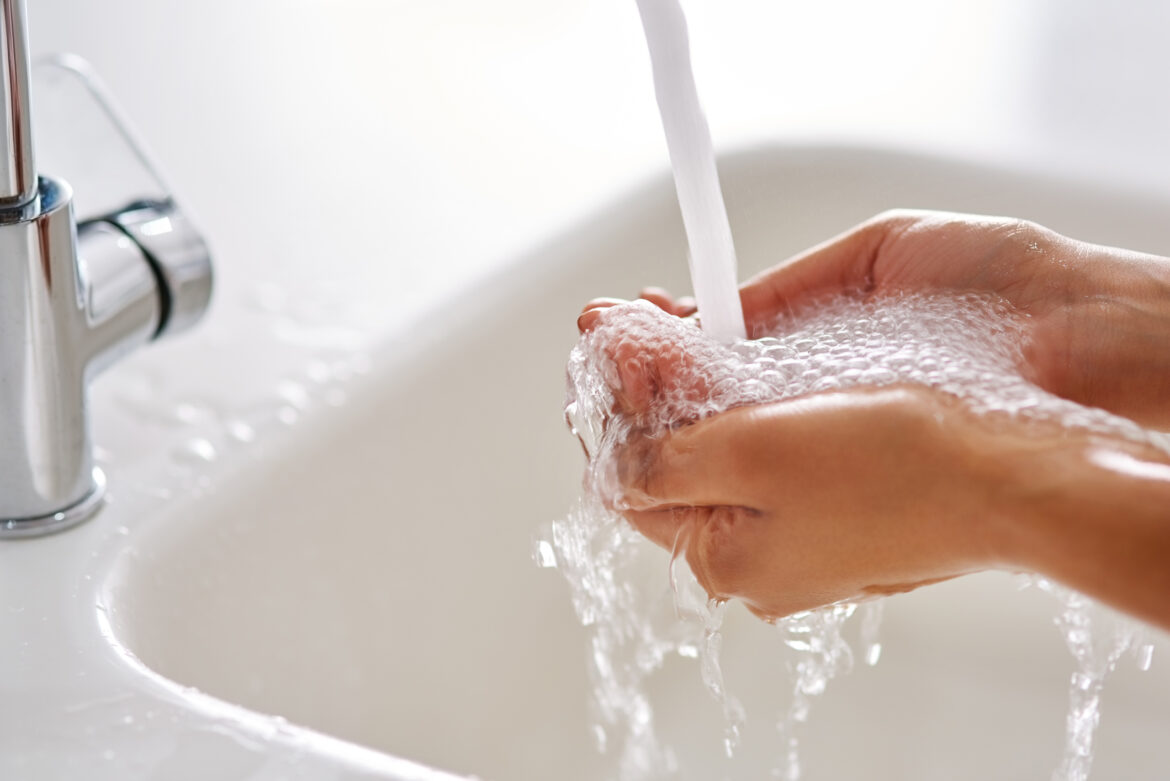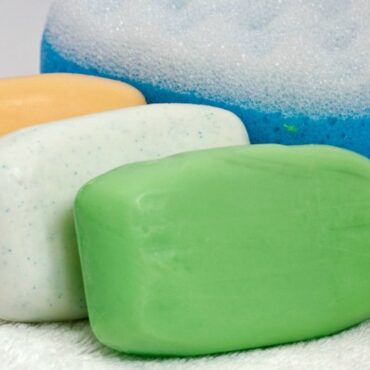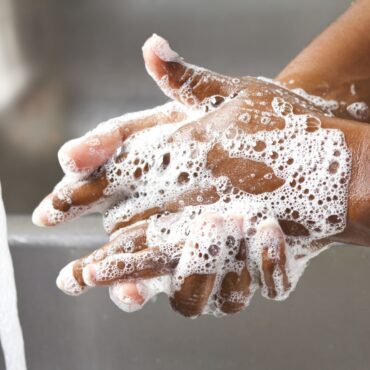How To Overcome Skin Cracking After Washing Hands With Hot Water?
| On Aug04,2021
Is hot Water Safe For Hands?
You can use any temperature of water to wash your hands. Coldwater and warm water are equally effective at killing germs and viruses – as long as you use soap! It may seem counterintuitive—after all, wet is the opposite of dry. But too much exposure to water can actually dry out the skin, or cause it to become cracked and raw—especially when it’s exposure to hot water. “Long, hot showers and baths strip away the skin’s natural oils, which leads to dry skin.
Following are the factors that can add to skin dryness and cracks
Weather
In general, dry air = dry skin. Why?
“Think of it as dry air sucking the moisture out of the skin,” explains Susan Taylor, MD, Associate Professor of Dermatology at Penn Medicine. “It’s that loss of moisture from upper layers of the skin that causes it to dry out.” Winter air is often dry, and the air that comes out of indoor furnaces can be even worse.
However, dry skin can make its mark at other times of the year, too. People who spend the summers indoors may expose their skin to the dry air that comes out of air-conditioning units.
Exposure to Chemicals
This goes right along with exposure to water.
When people get their skin wet, they often expose themselves to chemicals. Frequent hand-washers and bathers use plenty of soap, which can actually irritate the skin or remove its natural oils. Swimmers may get exposed to too much chlorine, which can have harsh effects on the skin.
This explains why dry skin tends to be a common problem for those who are constantly washing their hands at work (e.g., nurses, hairdressers), or certain athletes (e.g., swimmers, divers).
The Wrong Treatment
There are certain “treatments” for dry skin that can actually make the problem worse.
“Some people think that applying rubbing alcohol or witch hazel to dry patches of skin will work,” she says. “While that temporarily removes the appearance of dry skin, it actually dries the skin even more.”
Other Medical Conditions
Sometimes, dry skin is a symptom of another medical condition. People with eczema (also called atopic dermatitis) or psoriasis, or who are recovering from burn injuries, notice dry or itchy skin.
Dry skin can also be caused by medical conditions that aren’t typically associated with the skin, like diabetes or malnutrition.
Age
Skin can become drier and thinner with age. Sometimes, dryness in a woman’s skin is due to hormonal conditions that tend to appear with menopause, like hypothyroidism or hyperthyroidism.
How to Treat and Prevent Dry Skin
In many cases, treatment and prevention for dry skin are one and the same. And most of the time, it just involves making small lifestyle changes.
“One of the quickest ways to treat or prevent dry skin is to use a thick, rich moisturizer, like Dupas Liquid Hand Wash.
- Limit baths to 5 minutes.
- Use lukewarm water.
- Apply a small amount of moisturizing soap while washing.
- Pat your skin dry when leaving the shower but let it remain a bit wet. Then apply an intensive moisturizer to the skin.
- At the end of the day, without showering again, apply another coat of moisturizer.
- Put a humidifier in the room that you spend most of your time in to replenish the moisture in the air.
Try out these tactics and you will notice an improvement in your skin performance towards any temperature or weather.




